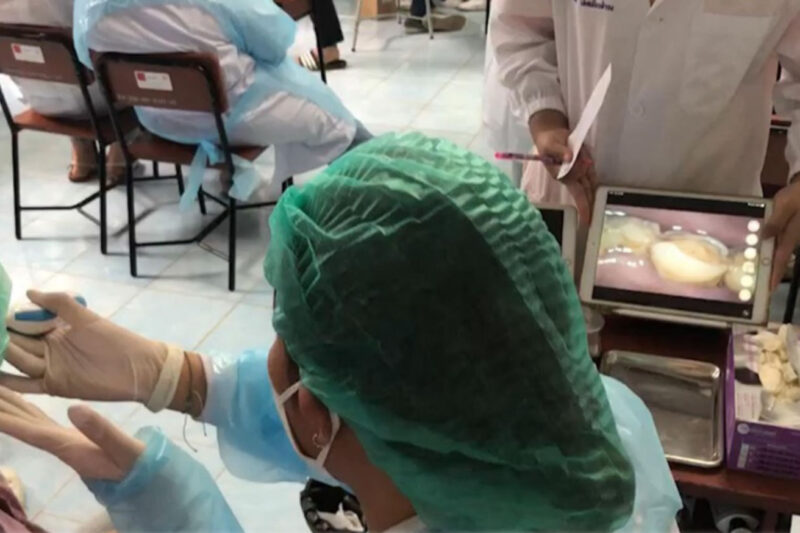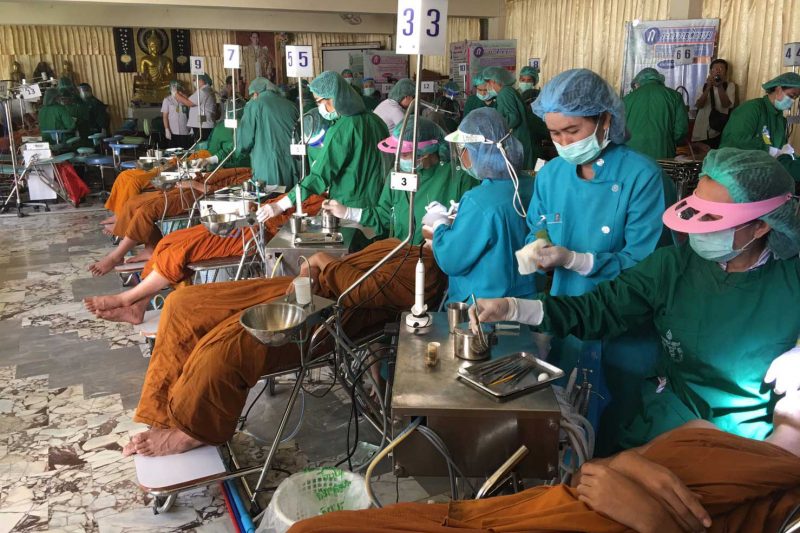From Classroom to Forest: Chulalongkorn University Extends Ecological Knowledge to Communities and Society
Chulalongkorn University, as a leading educational institution in Thailand, recognizes the importance of conserving biodiversity and sustaining the nation’s ecosystems. In particular, the University emphasizes promoting education on wild flora and fauna — key foundations of ecological sustainability. To this end, Chulalongkorn has developed a variety of educational programs and training courses on ecosystems for local and national communities. These initiatives aim to transfer scientific knowledge on natural resource conservation and ecosystem restoration through workshops, field-based youth camps, and community learning activities. Such efforts not only enhance understanding of forest ecosystems, plant species, and wildlife but also foster environmental awareness and collective stewardship among communities to protect natural resources sustainably.
Curriculum Development Program on Biodiversity Conservation and Sustainable Utilization
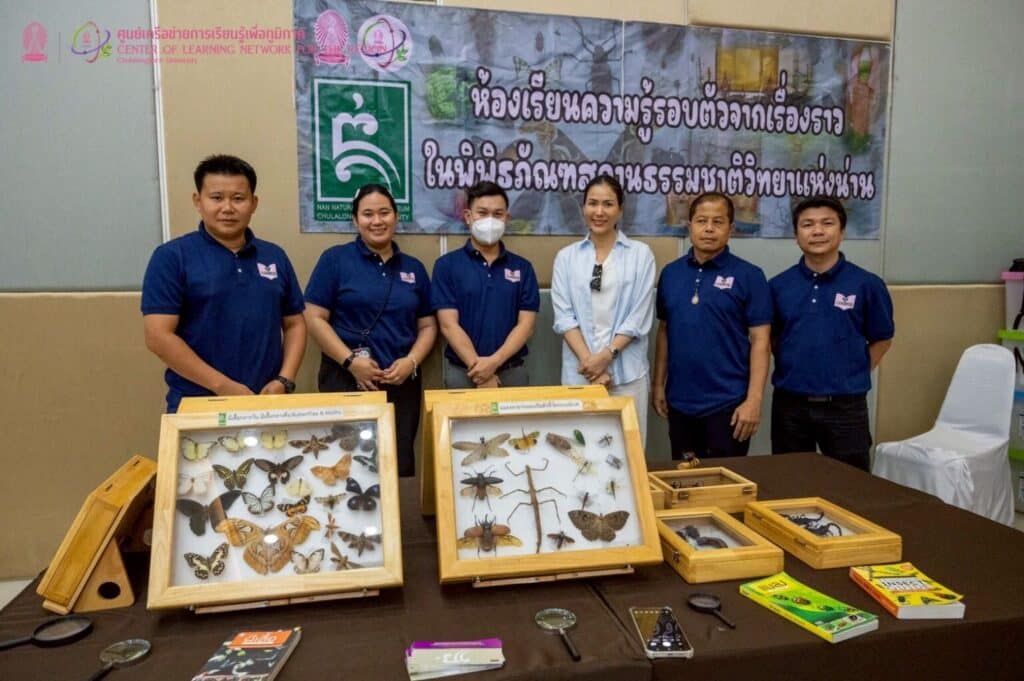
Chulalongkorn University, through its Department of Biology, Faculty of Science, in collaboration with the Center of Learning Network for the Region and the Chula Unisearch, partnered with the Biodiversity-based Economy Development Office (BEDO) to organize the “Curriculum Development Program on Biodiversity Conservation and Sustainable Utilization.” The training was held from 14–16 May 2025 in Nan Province, at Namthong Nan Hotel and the Phasing Research and Technology Transfer Station (Learning and Academic Service Network Center of Chulalongkorn University, Nan Province).
The event was presided over by Mr. Wasan Charusang, Director of the Office of Natural Resources and Environment, Nan Province, with Associate Professor Dr. Wichase Khonsue Head of the Department of Biology, Faculty of Science, Chulalongkorn University, delivering the opening remarks. Over 200 participants joined the event, including local administrators, government officials, and community representatives.
The program was conducted under the Kunming–Montreal Global Biodiversity Framework (GBF) and aligned with the United Nations Sustainable Development Goals (SDGs), with the objective of halting biodiversity loss by 2030. It also aimed to raise awareness, build capacity, and empower local leaders and communities to manage natural resources sustainably.
The training was divided into three main target groups: (1) local government executives, (2) local administrative officers, and (3) community members.
The activities included expert lectures, workshops, brainstorming sessions, and knowledge exchanges on topics such as the importance of local biodiversity, strategies and policy planning for biodiversity conservation, case studies of successful local communities, and a mobile natural science exhibition titled “What Makes Nan Unique?” Participants also learned to use the iNaturalist application to document and create a local biodiversity database.
The program concluded with panel discussions and reflections on lessons learned, providing practical approaches for effective local biodiversity management. This initiative serves as a vital platform for cultivating “green-hearted local leaders” who can drive biodiversity conservation efforts in alignment with the GBF 2030 and global SDG goals.
[ https://www.chula.ac.th/news/239463/ ]
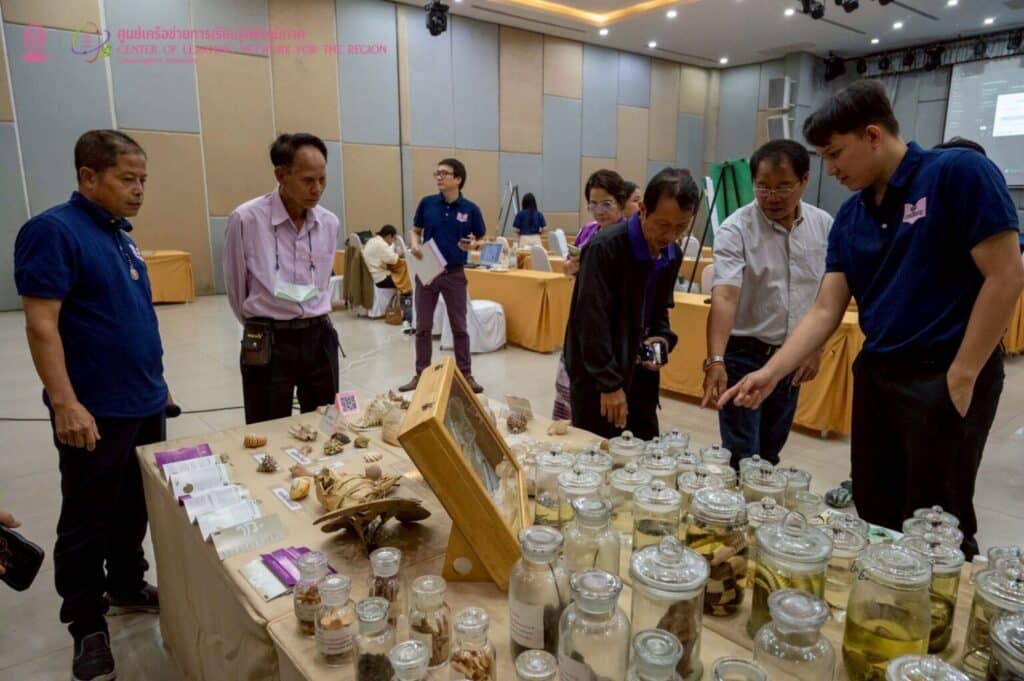
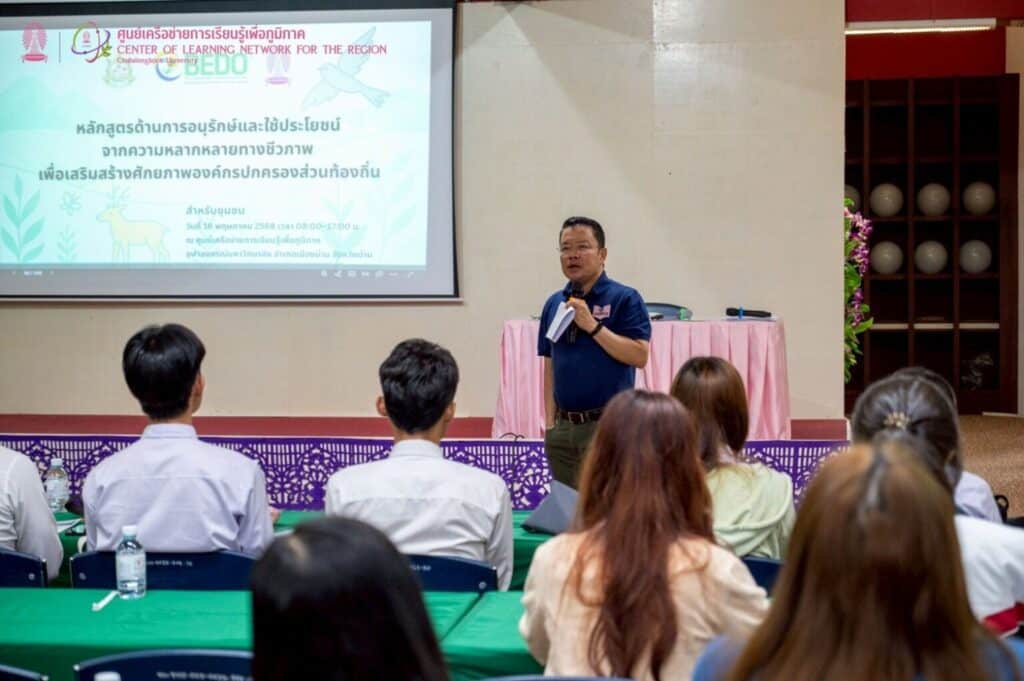
“Lao-On Nan: Learn, Love, and Conserve the Forest for Sustainable Development” Project (Year 5, Workshop 1)
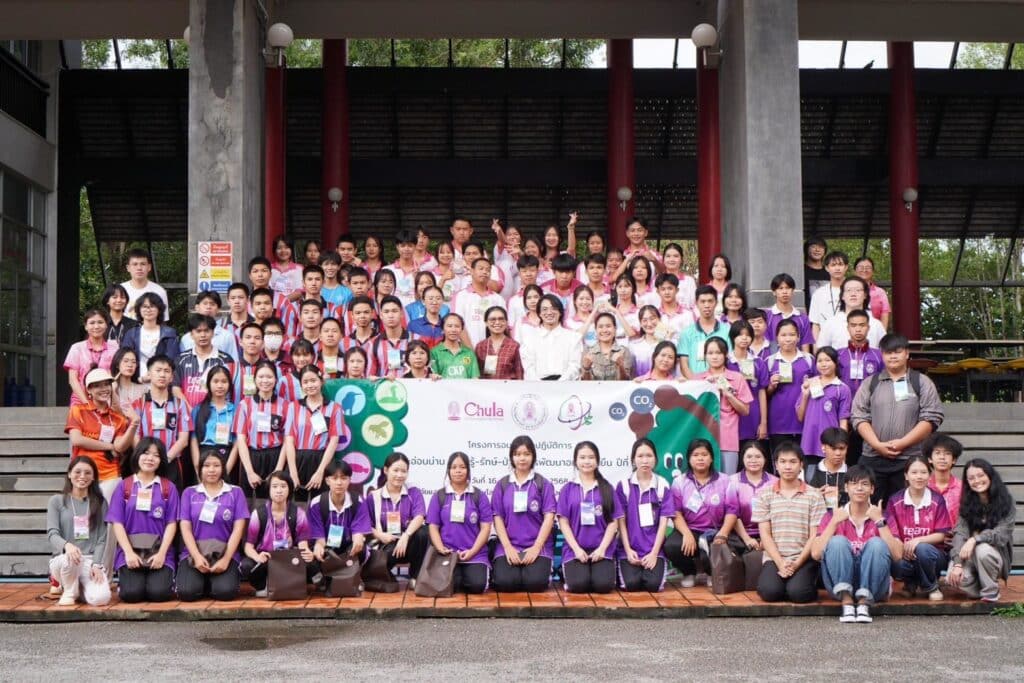
On 16 July 2025, the Center of Learning Network for the Region, Chulalongkorn University, in collaboration with faculty members and students from the Department of Environmental Science, Faculty of Science, Chulalongkorn University organized the fifth-year workshop under the project “Lao-On Nan: Learn, Love, and Conserve the Forest for Sustainable Development.” The workshop was held at Learning and Academic Service Network Center of Chulalongkorn University, Nan Province, free of charge for participants.
The project aimed to strengthen university–community engagement and support the “Rak Pa Nan” (Love the Forest of Nan) initiative by connecting youth, teachers, local residents, and local government organizations in joint forest conservation efforts. Participants engaged in independent research projects and established permanent forest ecology plots for long-term study.
The first training session included hands-on workshops on biodiversity exploration and the use of the iNaturalist mobile application to identify and record species in the area. Students learned to observe and understand local species diversity and gained experience in citizen science for ecosystem monitoring.
Additionally, participants learned about carbon accumulation in forest ecosystems through simulation exercises, enabling them to estimate basic carbon stock levels and understand carbon credits — a concept central to Thailand’s sustainable development policies.
A total of 83 high school students (Grades 10–12) from four local schools — Sa School, Chiang Klang Prachapatthana School, Thawangpha Pittayakom School, and Satthasila Phet Rangsarn School — participated in the workshop, accompanied by 7 teachers and 23 Chulalongkorn students and faculty members.
This activity marks only the beginning of ongoing collaborations to promote forest conservation education. Future programs will continue to engage students, teachers, local communities, and local administrative organizations in joint environmental initiatives toward sustainable development.
[ https://www.facebook.com/share/1EWMuszPbW/ ]
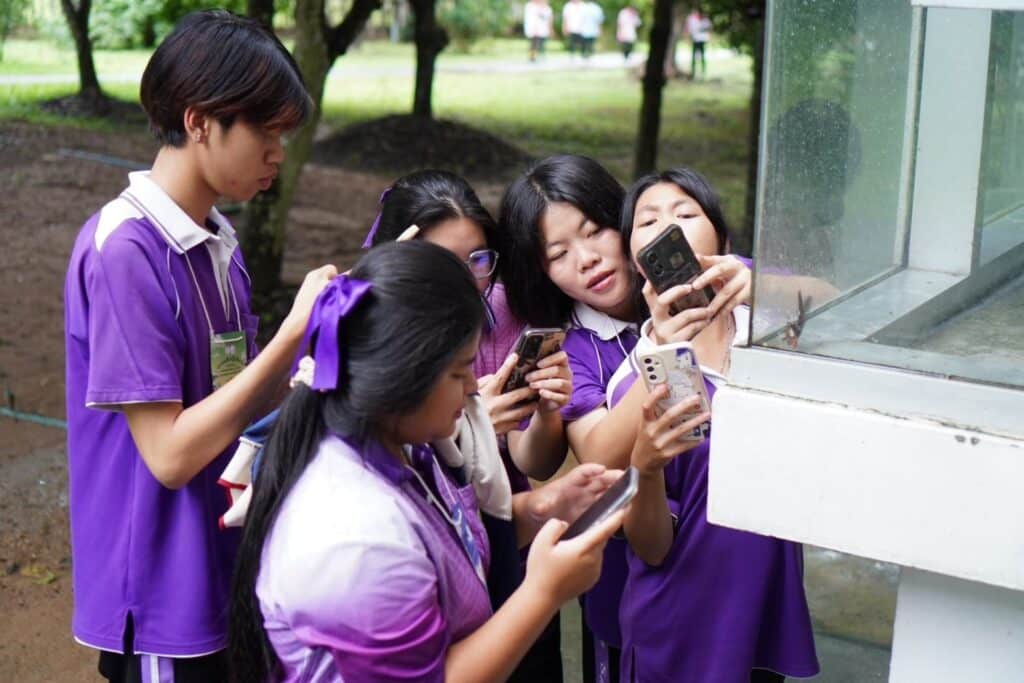
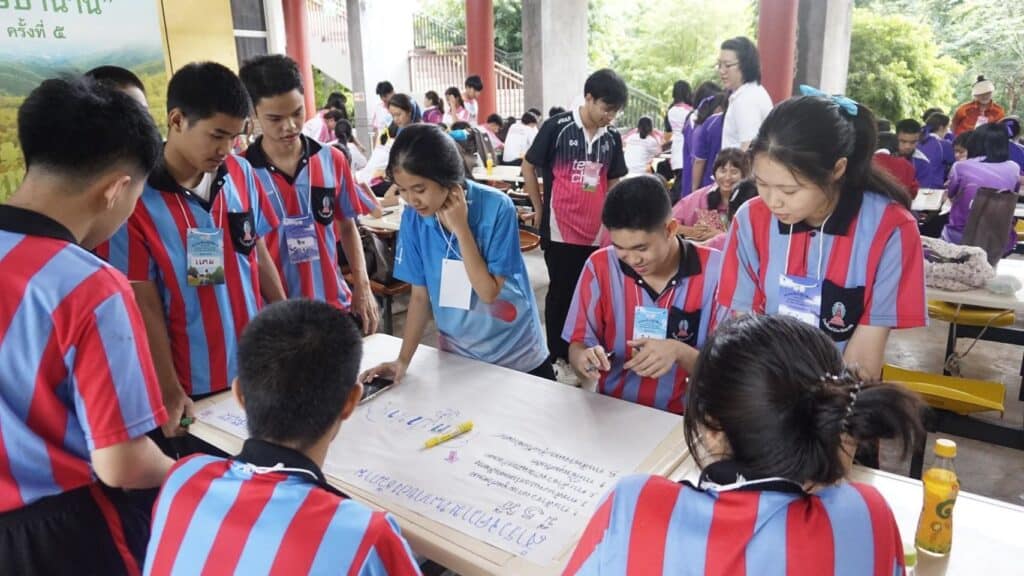
By
- Faculty of Science, Chulalongkorn University
- Center of Learning Network for the Region, Chulalongkorn University
- Chula Unisearch, Chulalongkorn University
Others
On the Road to More Smiles
Chula Faculty of Dentistry alumnus Dr Krisada Thiranont heads volunteer unit offering mobile services


